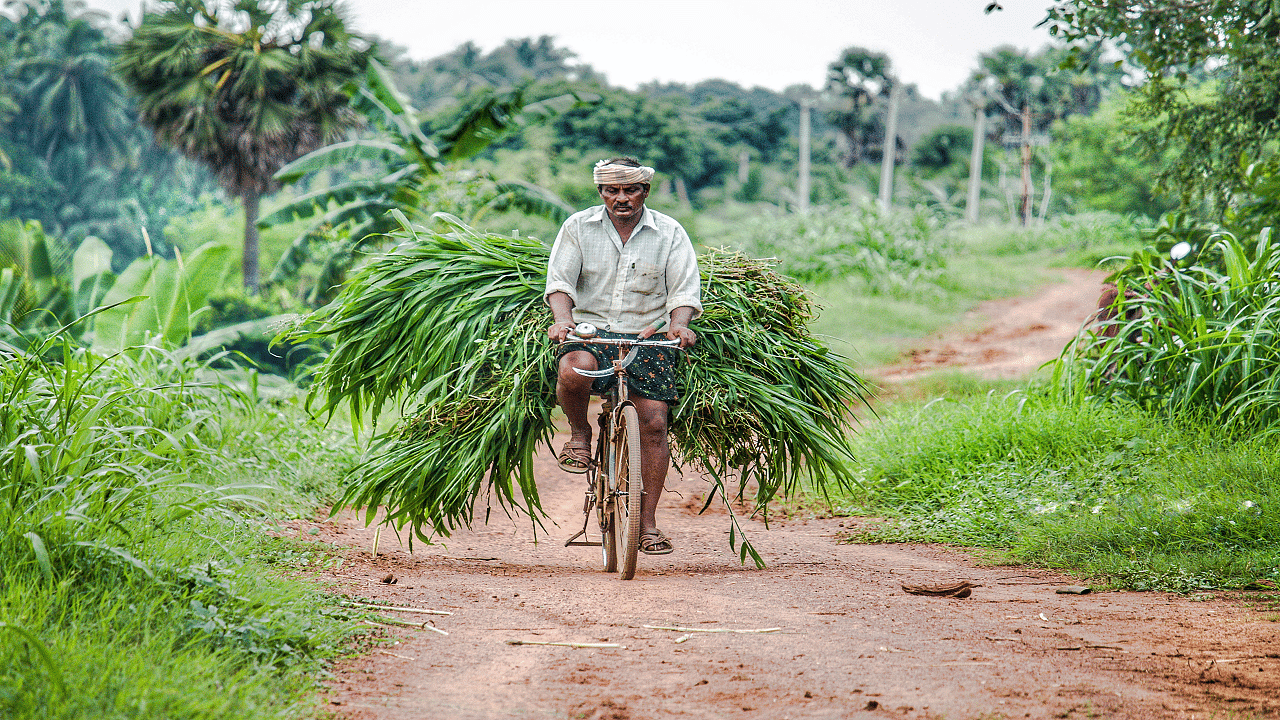
Scientists in the Arctic and Alps have discovered a group of microbes that can digest plastics at low temperatures, potentially offering a solution to the problem of plastic waste. A team of researchers from the Swiss Federal Institute WSL identified a group of microbes that can do this at 15C. The finding has been published in Frontiers in Microbiology journals.
It is believed that this discovery could eventually lead to the development of a new method of recycling plastic waste in colder regions, where conventional methods, such as incineration and landfill, are less effective. The microbes were also found to produce enzymes that can degrade a range of other materials, including plant biomass and carbohydrates, suggesting that they could also be used in a variety of other applications.
Earlier, various microorganisms have been found but they need a temperature of at least 30C to work. In other words, it can be said that utilising them in industrial practice is expensive due to the high-temperature heating process.
About Research Process
The research was conducted by Dr Joel Rüthi from WSL and colleagues who sampled 15 Fungi and 19 different bacteria strains on free-lying buried plastic under the ground for a period of one year in Switzerland, Greenland, and Svalbard. And, they left it to grow in a dark laboratory at 15C to examine if it can digest plastics.
In the research, they used different types of bio-degradable as well as non-biodegradable plastics such as Polyethylene (PE), polyester-polyurethane (PUR), polylactic acid (PLA), and polybutylene adipate terephthalate (PBAT).
The analysis result showed that the strains failed to digest Polyethylene (PE) even after 126 days of incubation but 11 fungi and 8 bacteria managed to digest PUR. Moreover, 3 bacteria and 11 fungi digested the PLA and PBAT at 15C.
Ruthi said that the result for each type of plastic was amazing. He said that we have also tested to determine the best performer and come to a conclusion that there are two uncharacterised fungi in the lachnellula and genera neodevriesia, which can easily digest all types of plastics except PE.
How Are Plastic Digestive Microbes Helpful in Agriculture?
Plastic digestive microbes are a group of microorganisms capable of degrading or breaking down plastic waste materials. These microbes can be extremely helpful in agriculture in several ways. Some of them are illustrated below:
Reduce plastic pollution: Plastic waste is a significant problem in agriculture. Plastic digestive microbes can help reduce plastic pollution by breaking down plastic waste, which can otherwise harm the soil, and plants, and create unfavourable conditions for farmers and the environment.
Improve soil quality: As plastic waste degrades and accumulates in the soil, it affects the quality of the soil, reducing its fertility, and affecting crop productivity. By degrading the plastic, these microbes can help improve the soil quality, making it healthier and more suitable for crop growth.
Increase crop productivity: Plastic digestive microbes can help increase crop productivity by breaking down the plastic waste that can harm plants. As the soil quality improves, and the harmful effects of plastic are eliminated, the productivity of the crop can significantly increase.
Bioplastics production: Plastic digestive microbes can also be used to produce bioplastics from crop waste material. This technology can create sustainable farming practices and reduce plastics dependence while promoting circularity in the economy.
Hence, it can be said that plastic digestive microbes can play a significant role in agriculture by improving soil quality, increasing crop productivity, and creating sustainable farming practices.
















